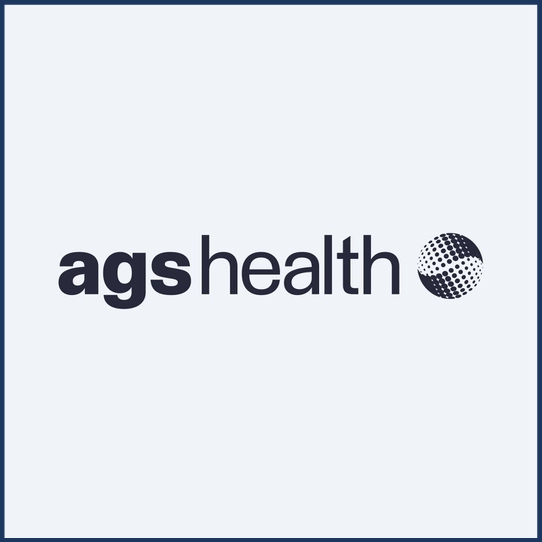Staffing Shortages and Improving Productivity in Healthcare
The healthcare industry endured staffing shortages long before the pandemic. However, the situation has been more critical in the past three years. Many now consider staffing shortages in healthcare a public health crisis.
The USC School of Medicine looked at the staffing shortage crisis and found several factors combined to make the situation what it is today. From an aging population that will continue growing through 2030, requiring more care, to provider burnout brought on by the COVID-19 pandemic, to a lack of nursing faculty in colleges creating a nursing shortage; these are the reasons why healthcare is at a crucial impasse. Industry estimates indicate healthcare lost 20% of its workforce during the pandemic, including 30% of nurses. Couple that with the need to improve productivity in healthcare, and it’s a perfect storm in desperate need of solutions.
RCMchat podcast host Michelle Dawn Mooney spoke with Emily Bonham, Senior Vice President, Product Management for Healthcare Technology at AGS Health, and Eric McGuire, Senior Vice President for Medical Coding and CDI Service Lines at AGS Health, to get some in-depth advice on managing these staffing shortages while still improving productivity. McGuire believes technology can play a pivotal role in both.
“I have to give a plug for technology to help with those staffing shortages,” McGuire said. “For example, implementing something within coding, a computer-assisted coding product for your coding team, we’ve seen productivity improvements starting at about 20%, and then as the organization uses the software and becomes more comfortable with it, we can see those go up to about 40% productivity improvement.”
Mooney, Bonham, and McGuire discuss several things during their conversation, including the following:
- The size and scope of the issues related to staffing shortages and productivity
- Tips to elevate the staffing shortage crisis
- The link between staff retention and increased productivity
About Emily
Emily Bonham is a leading innovative healthcare technology product manager with over 20 years of experience building award-winning products from the ground up. She’s turned around underperforming products and helped organizations quickly scale. Bonham holds a B.A. in English from the University of Minnesota.
About Eric
Eric McGuire bridges the gap between healthcare IT and business operations by combining technology enablement with a focus on transformation and value creation. By driving transformation through strong strategy execution, McGuire’s teams can measure success by achieving detailed strategic goals and business KPIs. He enhances customer and patient experience, optimizing operations to grow revenue, mitigate risk, and contain costs. McGuire holds a B.S. in Macroeconomics from The Ohio State University.
About AGS Health
AGS Health uses AI-enhanced technology, data-driven services, and specialized support to maximize the performance of their healthcare clients’ revenue cycle to allow them to focus on the most crucial part of their business: caring for patients.




